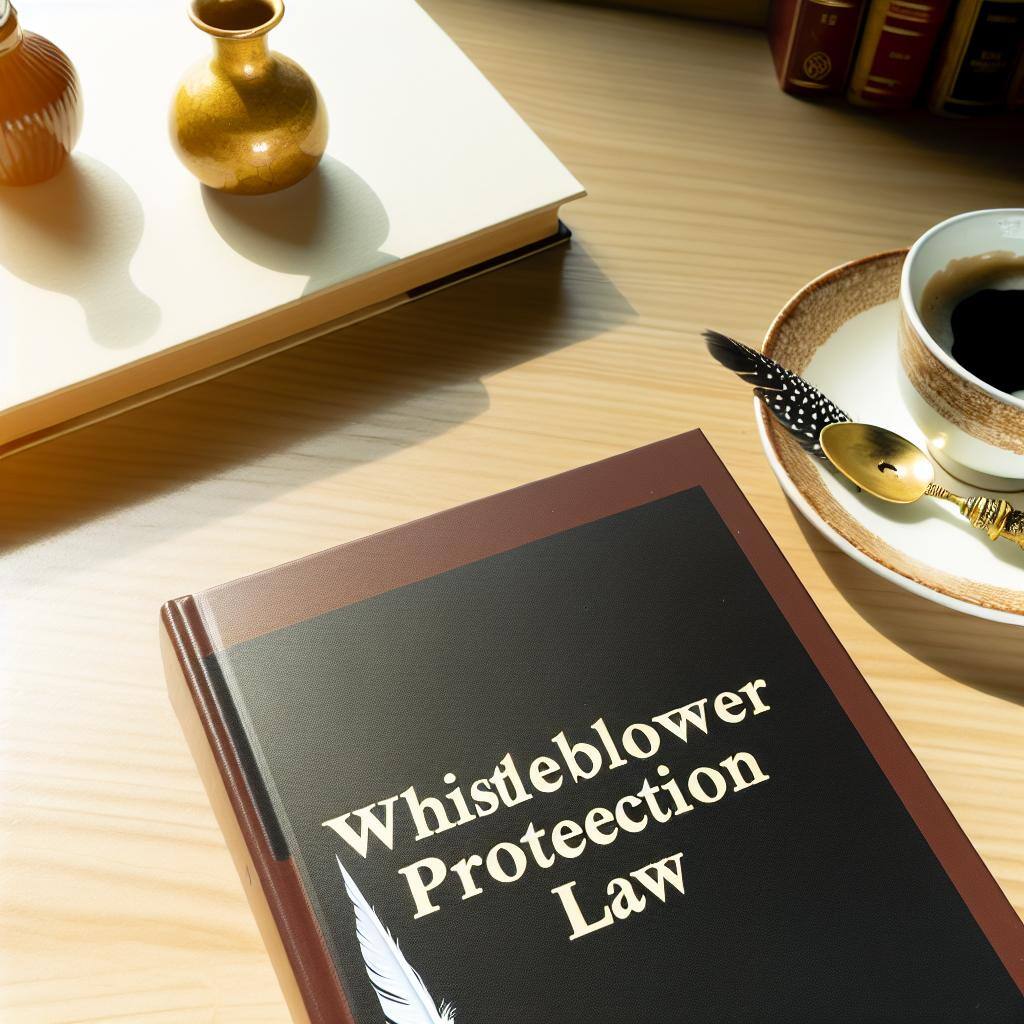
Whistleblower Protection Act (HinSchG)
What you need to know.
The Whistleblower Protection Act
Important information

Current status of the Whistleblower Protection Act: Since July 2, 2023, the German Whistleblower Protection Act has been binding for all companies and public institutions with at least 50 employees. They must set up an internal reporting channel, such as a whistleblower system. The absence of such a system can result in heavy fines.
The law aims to protect whistleblowers from reprisals if they obtain information about violations in the course of their professional activities and pass this on to the reporting bodies.
Further training on the Whistleblower Protection Act:
Further training with our training partner “Herkules Business Trainings”
Advice from our partner law firms

Whistleblower Protection Act (HinSchG) at a glance:
- Obligation to set up a whistleblowing channel
Companies and public institutions with 50 or more employees and municipalities with 10,000 or more inhabitants must introduce a secure, internal whistleblower channel. - Broad scope of application
The HinSchG applies to violations of EU and national law. - Identity and data protection
Organizations must protect the identity of data subjects and comply with GDPR requirements. - Reporting channels
Notification must be possible verbally or in writing and, if desired, in person. - Confirmation of receipt
The Reporting Office must confirm receipt of the report to the whistleblower within seven days. - Information on follow-up measures
The Reporting Office must inform the whistleblower within three months of any follow-up measures taken. - Provision of information
Companies must provide information on the competent supervisory authority or authorities.
What do companies need to consider when implementing the Whistleblower Protection Act (HinSchG)?
-
Internal reporting channels: Companies must set up internal channels for confidential and anonymous whistleblowing.
-
Confidentiality: The identity of whistleblowers must be treated confidentially.
-
Protection against discrimination: Companies must not discriminate against whistleblowers.
-
Prompt investigation: Information received must be taken seriously and investigated promptly.
-
Reporting obligation: Certain incidents must be reported to the supervisory authority.
Please note that this is not legal advice.


What deadlines must be observed in the procedure for incoming information reports?
-
Confirmation of receipt within 7 days of receipt of notification
-
Feedback on follow-up measures taken within 3 months
-
The documentation of tip-off reports must be deleted 3 years after completion of the respective procedure
-
The documentation may be kept for longer if this is necessary and proportionate to fulfill the requirements of the HinSchG or other regulations
-
Whistleblowers must be given the opportunity to check the records or transcripts of their reports, correct them if necessary and confirm them by signature or electronically.
Please note that this is not legal advice.
Frequently asked questions:
Here you will find all the important information about the Whistleblower Protection Act (HinSchG).
Companies with more than 250 employees must have introduced secure reporting channels from July 2, 2023. From December 2, 2023, fines may be imposed if no internal reporting system is in place. Since December 17, 2023, this obligation also applies to companies with 50 to 249 employees.
Regardless of the number of employees, internal reporting offices must be set up in certain areas, such as the financial sector (Section 12 (3) HinSchG).
